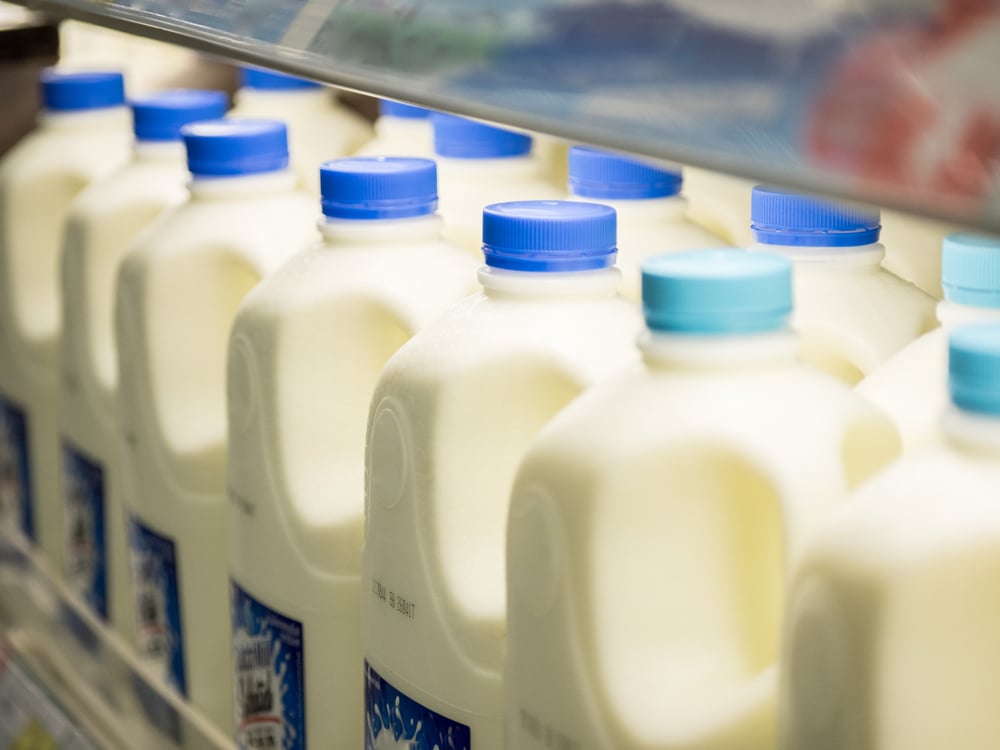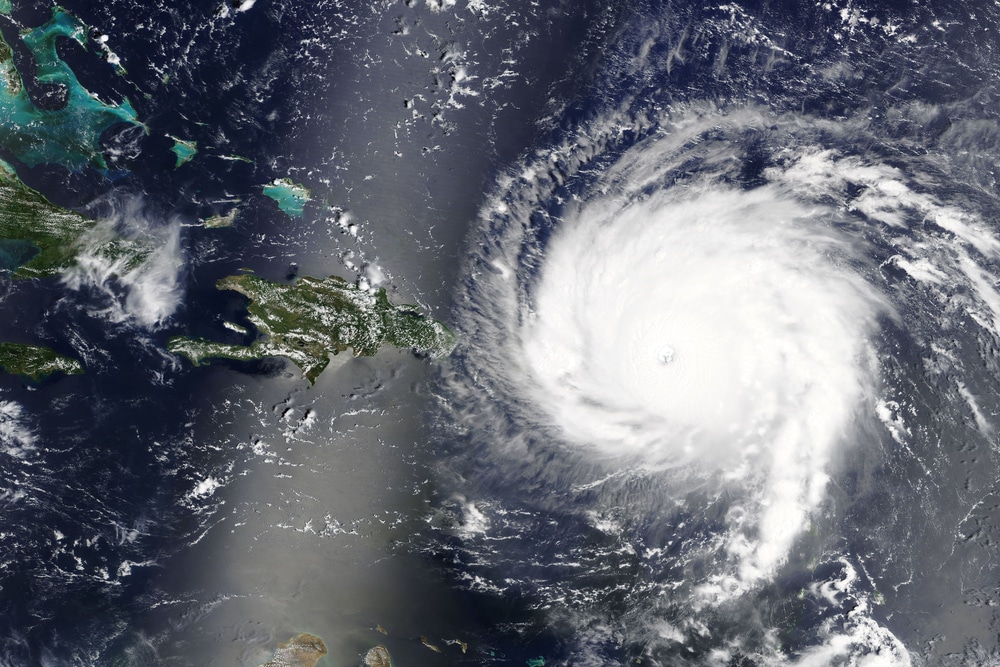Milk from dairy cows in Texas and Kansas has tested positive for bird flu, U.S. officials said Monday.
Officials with the Texas Animal Health Commission confirmed the flu virus is the Type A H5N1 strain, known for decades to cause outbreaks in birds and to occasionally infect people. The virus is affecting older dairy cows in those states and in New Mexico, causing decreased lactation and low appetite.
It comes a week after officials in Minnesota announced that goats on a farm where there had been an outbreak of bird flu among poultry were diagnosed with the virus. It’s believed to be the first time bird flu — also known as highly pathogenic avian influenza — was found in U.S. livestock.
The commercial milk supply is safe and risk to people is low, according to the U.S. Department of Agriculture. Dairies are required to only allow milk from healthy animals to enter the food supply, and milk from the sick animals is being diverted or destroyed.
Pasteurization also kills viruses and other bacteria, and the process is required for milk sold through interstate commerce, the agency said. “At this stage, there is no concern about the safety of the commercial milk supply or that this circumstance poses a risk to consumer health,” the USDA said in a statement.
The federal government said its tests in the cattle did not detect any changes to the virus that would make it spread more easily to people.
Dairy farmers in Texas first became concerned three weeks ago when cattle started falling ill with what officials called “mystery dairy cow disease,” Texas Department of Agriculture Commissioner Sid Miller said. Milk production fell sharply and the cows were lethargic and weren’t eating much.
“We hadn’t seen anything like it before,” he said. “It was kind of like they had a cold.”
The state’s animal health commission began an investigation that included tests for bird flu, spokeswoman Erin Robinson said. Based on findings from Texas, USDA officials think the cows got the virus from infected wild birds.

















